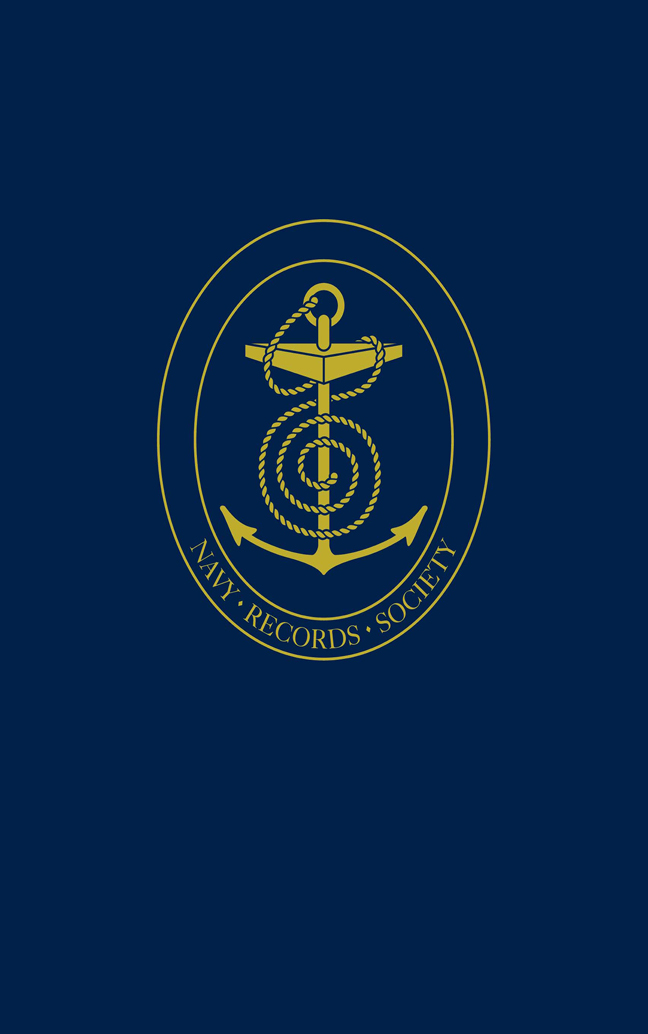 Papers and Correspondence of Admiral Sir John Thomas Duckworth
Papers and Correspondence of Admiral Sir John Thomas Duckworth Published online by Cambridge University Press: 05 March 2024
1. The Man
Admiral John Thomas Duckworth was born in 1747 at Leatherhead in Surrey, attended Eton College briefly, and was sponsored into the Navy by Admiral Boscawen at the age of 13 in the midst of the Seven Years’ War. He served as a captain's servant, then a midshipman, until 1771; he was a lieutenant until 1779, by which time he had been in the Navy for nineteen years. But the American War of Independence brought promotion, to him as to so many others, and he was promoted captain in 1780. He was employed much of the time between these wars, and in the Spanish and Russian crises of 1790–91 commanded the Bombay Castle. When the French Revolutionary War began he commanded Orion in which he fought in the First of June fight.
The decisive change in his service came during his later posting to Jamaica. He was senior captain on the station by that time (1796) and when the Jamaica Station Commander-in-Chief Sir William Parker evacuated himself to England to recover his health, Duckworth was given the temporary rank of Commodore and acting Commander-in-Chief. By acquitting himself well in this role, he made his mark with the Secretary of State Earl Spencer, who became a regular correspondent. His next step up the ladder came with Admiral Earl St Vincent in the Mediterranean in 1798. St Vincent chose him to command the naval part in the conquest of Minorca, for which he was awarded the lucrative sinecure of Colonel of Marines. When St Vincent himself went home sick, Duckworth took over the command at Gibraltar (Nelson in Sicily was technically the Commander-in-Chief in place of St Vincent), and by capturing a rich Spanish convoy he secured his personal prosperity. This was sealed by his command-in-chief of the Leeward Islands station, where he organised the capture of the Danish and Swedish islands in 1801, and gathered considerable further wealth through the prizes captured on his watch.
It is a mark of the Admiralty's confidence in him he was transferred to the Jamaica command directly from the Leewards, when the commander there, ‘Lord’ Hugh Seymour, suddenly died. He remained at Jamaica for nearly four years, and on his return to Britain was employed as second-in-command to Lord Gambier in the Brest blockade. By chasing and destroying an escaped French squadron (Battle of San Domingo) he prevented further Caribbean trouble.
To save this book to your Kindle, first ensure [email protected] is added to your Approved Personal Document E-mail List under your Personal Document Settings on the Manage Your Content and Devices page of your Amazon account. Then enter the ‘name’ part of your Kindle email address below. Find out more about saving to your Kindle.
Note you can select to save to either the @free.kindle.com or @kindle.com variations. ‘@free.kindle.com’ emails are free but can only be saved to your device when it is connected to wi-fi. ‘@kindle.com’ emails can be delivered even when you are not connected to wi-fi, but note that service fees apply.
Find out more about the Kindle Personal Document Service.
To save content items to your account, please confirm that you agree to abide by our usage policies. If this is the first time you use this feature, you will be asked to authorise Cambridge Core to connect with your account. Find out more about saving content to Dropbox.
To save content items to your account, please confirm that you agree to abide by our usage policies. If this is the first time you use this feature, you will be asked to authorise Cambridge Core to connect with your account. Find out more about saving content to Google Drive.